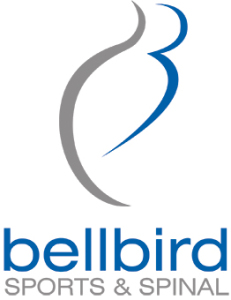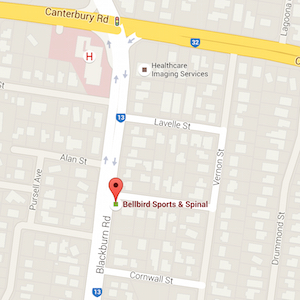Myotherapy
About Myotherapy
Myotherapy covers the assessment, treatment and ongoing management of musculo-skeletal issues. There are various approaches to this very hands-on treatment including:
- Massage
- Dry needling
- Cupping
- Passive joint mobilisation (excluding manipulation)
- Myofascial release
- Exercise prescription.
While dry needling comes under the Myotherapy banner, it is often not our first line of intervention and not an essential part of treatment should you not want it.
As well as hands-on techniques, Myotherapists are trained in anatomy, physiology and biomechanics. Assessment and diagnosis of musculo-skeletal complaints is an underpinning foundation of developing an effective treatment plan. Your treatment plan is specific to your presenting complaint and ensures optimal outcomes from your Myotherapy treatment.
Myotherapy can be a helpful treatment for a variety of conditions arising from
- poor posture,
- occupational, recreational or emotional stress,
- injury arising from repetetive movements or trauma (including sporting injuries),
- other causes of pain, stiffness or restricted movement.
When to see a Myotherapist
Myotherapy can be a helpful intervention when it hurts to move because of overwork, overuse or overstress. Or you might just realise one day that your movements and experience of your body are not feeling optimal.
Myotherapy can also be a helpful therapy to maintain good physical health and prevent feeling second rate. People who have increased physical or emotional demands might experience more pain and fatigue. Seeing a Myotherapist is a great way of looking after yourself so you can keep performing as you’d like.
If you would like to enquire about a specific condition, we are keen to hear from you. Please contact reception on (03)9878 8088 and someone from our team will get back to you.
Myotherapy and Physiotherapy
For the majority of people, Myotherapy works very well with Physiotherapy. Your Physiotherapist may refer you for Myotherapy to assist their treatment plan but you don’t need to be referred to book in for treatment.
In most cases, we recommend that you leave at least a 48 hour gap between treatments of any sort.This helps us treat you safely and narrow down what we are doing that might be helping or hindering your recovery. However, there are always exceptions to the rule. If you’re unsure, speak with your practitioner.
A team-based approach to your care is something we pride ourselves on at Bellbird Sports and Spinal. With your consent, your treating Myotherapist and Physiotherapist like to share ideas around the management of your condition so that you may experience the best outcomes.
Health funds and Myotherapy
Your practitioner is association endorsed. And most Private Health Funds cover Myotherapy in their extras schedules. However, the rebate is different for each fund. Please check with your Insurer to enquire what rebate you may be entitled to.




